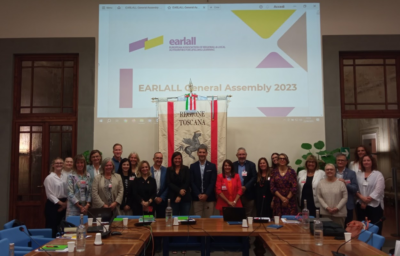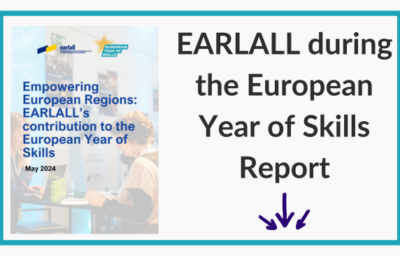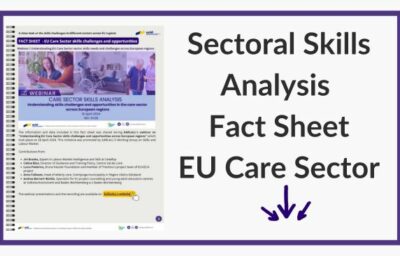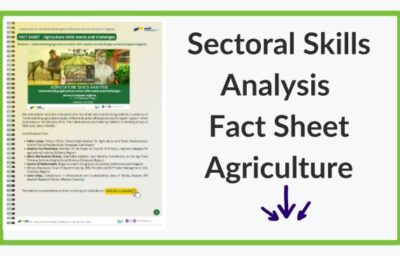Latest News
-

Borås Stad | NEETs 4 NEETs | The European Year Of Skills | taith | Members | Ageing population and lifelong learning | Working Groups | Lifelong guidance | Baden-Württemberg | Mobility in VET | Skills & Labour Market | Youth policies | Tuscany | Västra Götaland
EARLALL Working Groups response to the Proposal for the Council Recommendation ‘Europe on the Move: A Learning Mobility for all’
Context On 15 November 2023, the European Commission adopted the proposal for Council Recommendation ‘Europe on the Move’ – Learning...
10/05/2024
-

The European Year Of Skills | Members
EARLALL during the European Year of Skills: new report out!
The Year of Skills was proposed by the European Commission’s Directorate-General for Employment, Social Affairs and Inclusion in October 2022 and...
06/05/2024
Agenda
-
14
May2024OECD Webinar: Future-proofing workforces for the green transition
14 May 2024, online
-
15
May2024Learning Factories for Advanced Manufacturing in Education
14-15 May 2024, Aalen (Germany)
-
16
May2024Final stakeholders conference European project C.O.P.E.
15-16 May 2024, Brussels
-
24
May2024THE EVENT: The European Agenda for the Future of VET – A Training Providers Statement
22 - 24 May 2024, Brussels
A unique network
- We increase and highlight the role of regions and local authorities in planning and implementing lifelong learning policies.
- We contribute with our expertise to EU policy-making for lifelong learning, and pursue an active dialogue with the European institutions.
- We facilitate cooperation and joint work through EU-funded projects.
- We monitor and disseminate information on EU policies, programmes, and funding.
Stay informed
EARLALL Insights is a quarterly newsletter that provides you with first-hand information about our activities.




